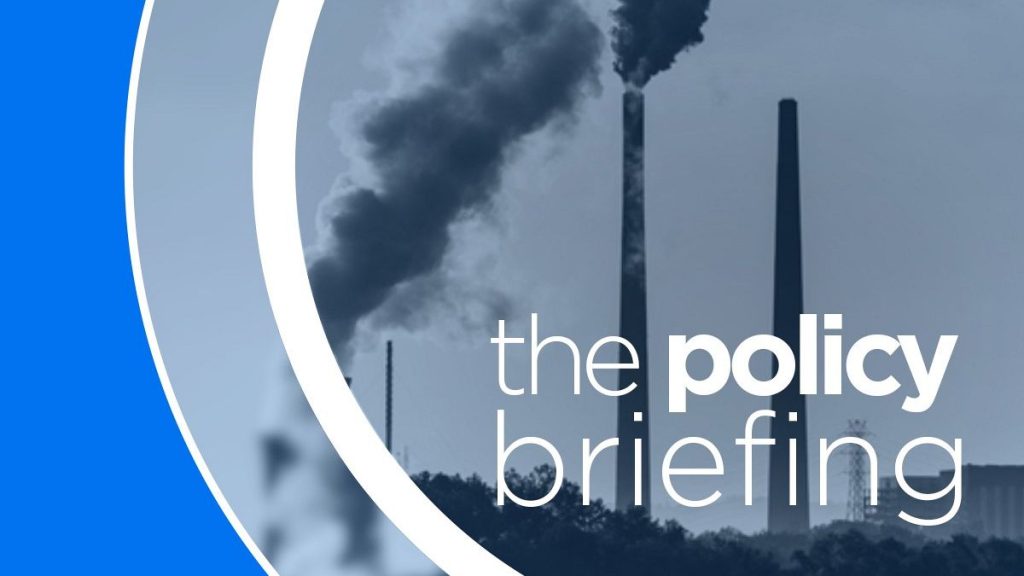Senior energy and environment reporter Robert Hodgson highlights key events for the upcoming week, including a European Commission conference discussing the role of the EU budget and negotiations on the Green Claims Directive within the EU Council. The EU-Japan Digital Partnership Council meeting is also scheduled. Companies are increasingly committing to achieving ‘net zero’ greenhouse gas emissions, but the methods vary and may include renewable energy and carbon offsetting. New legislation prohibits offset-based assertions of climate friendliness, but company-level declarations of carbon footprint reduction are not yet regulated. MEPs are pushing for strict regulations on green claims, while member states may take a more lenient approach.
Belgium aims to broker an agreement on the Green Claims Directive before the end of its EU Council presidency, with national delegates meeting to discuss a compromise proposal. The issue of carbon offsetting remains a key point of contention, as delegates consider rules on its use and whether to simplify verification procedures. Green groups are concerned about potential exemptions for certain types of claims, particularly as competitiveness becomes more prominent on the political agenda. While an agreement seems likely, the specifics of the directive and its impact on multinationals’ green claims remain uncertain.
MEP Maximilian Krah of Germany’s far-right party Alternative für Deutschland (AfD) continues to lead his party’s list for the upcoming European elections despite the arrest of his assistant on charges of spying for China. AfD has faced criticism for its far-right leanings, with former leader Jörg Meuthen leaving the party in 2022. The broader European political landscape has seen MEPs leaving the parties they started with, reflecting shifts in party affiliations and ideologies. As the 10th elected EU Parliament legislature nears its end, a policy poll asks whether MEPs should sit in Brussels alone or split their sessions between Brussels and Strasbourg.
In a previous poll, respondents favored holding sessions in both Brussels and Strasbourg. The upcoming decision on the location of parliamentary sessions reflects ongoing debates within the EU about the practicalities and costs of maintaining two parliamentary seats. The issue has been contentious for years, with arguments for both streamline operations and preserving the symbolic significance of the Strasbourg seat. As the current legislative term comes to a close, MEPs will need to decide on this issue, which has implications for the functioning and representation of the European Parliament.


